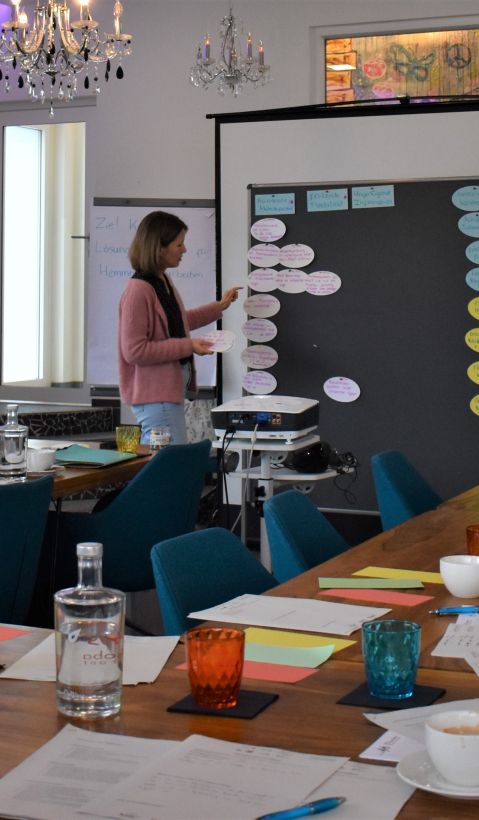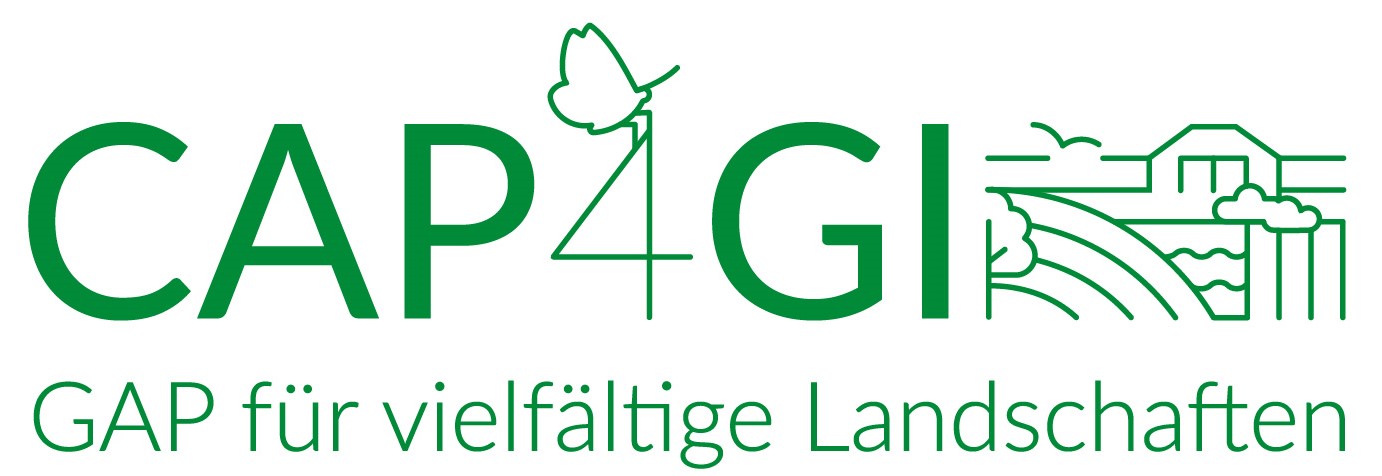
Second regional platform meeting in Baden-Württemberg: How to make it better?
| Date |
Date
|
04.12.2023 - Old problems and new visions: The second regional platform meetings took place in Baden-Württemberg over the last two weeks. In the three project regions of Lake Constance, Hohenlohe and Northern Upper Rhine, proposals for improvements to the CAP were jointly developed. After the first round of meetings at the beginning of 2023 summarised what prevents farmers from implementing more measures for the environment, nature, species and biodiversity, the participants now discussed possible improvements and proposed solutions. The meetings were organised by the Lake Constance Foundation.
In the run-up to the 2nd meeting, the participating farmers could make proposals for new measures as part of the Baden-Württemberg state programmes FAKT and LPR (Landscape Conservation Directive) or for new eco schemes. The proposed measures should have as positive an impact as possible on biodiversity.
At the platform meetings themselves, at Lake Constance and the Northern Upper Rhine proposals were drawn up to remove the obstacles previously identified. Key points for a completely new funding programme, which could replace the current CAP funding, were on the agenda in Hohenlohe.
In addition to many ideas for solving individual problems and difficulties, a proposal for a more advisory-orientated system was put forward. This proposal was also underpinned by statements in the other regions. In another region, a flexible scoring system was discussed. The participants argued that this would offer farmers more flexibility while still allowing the responsible authorities to plan payments in advance.
When drawing up a vision for a future funding programme, it became very clear that the preservation of farms is a great desire and that the aim is to shape a sustainable agriculture together with politics, science and society. This is particularly true where individual farms cannot achieve this on their own: for example, in shaping the transformation in animal husbandry, in adapting to climate change or in the effective combination of agricultural production, nature conservation and renewable energies.
Farmers would very much like to create and maintain high-quality habitats. However, without income prospects, there is no environmental protection and nature conservation. In the farmers' opinion, many of the existing instruments could be designed better and more effectively. The goals for a new funding system included better support for a more ecological approach, administrative and technical simplifications and a paradigm shift in controls and sanctions. There was still no consensus on the retention or abolition of direct payments.
The participants were also given an insight into one of the project's research activities. Lea Kolb is a PhD student in CAP4GI at the Helmholtz Centre for Environmental Research (UFZ) / German Centre for Integrative Biodiversity Research (iDiv) and explained the work on a model that will simulate how changes in regulations and subsidies affect the appearance of landscapes. Daniel Vedder, who is also working on the model, will underpin it with the behaviour of bird and butterfly species recorded on site. In the future, the model is intended to show whether certain policy decisions lead to a change in the occurrence of birds and butterflies. For the work on the model, Lea Kolb exchanged ideas with the farmers about which landscape elements are typical for them, how many hedges they have and how often and in what way they manage them.
The ideas put forward will now be analysed and reviewed with all participants. The proposals will be discussed with the administration and nature conservation organisations at the next state-level platform.
